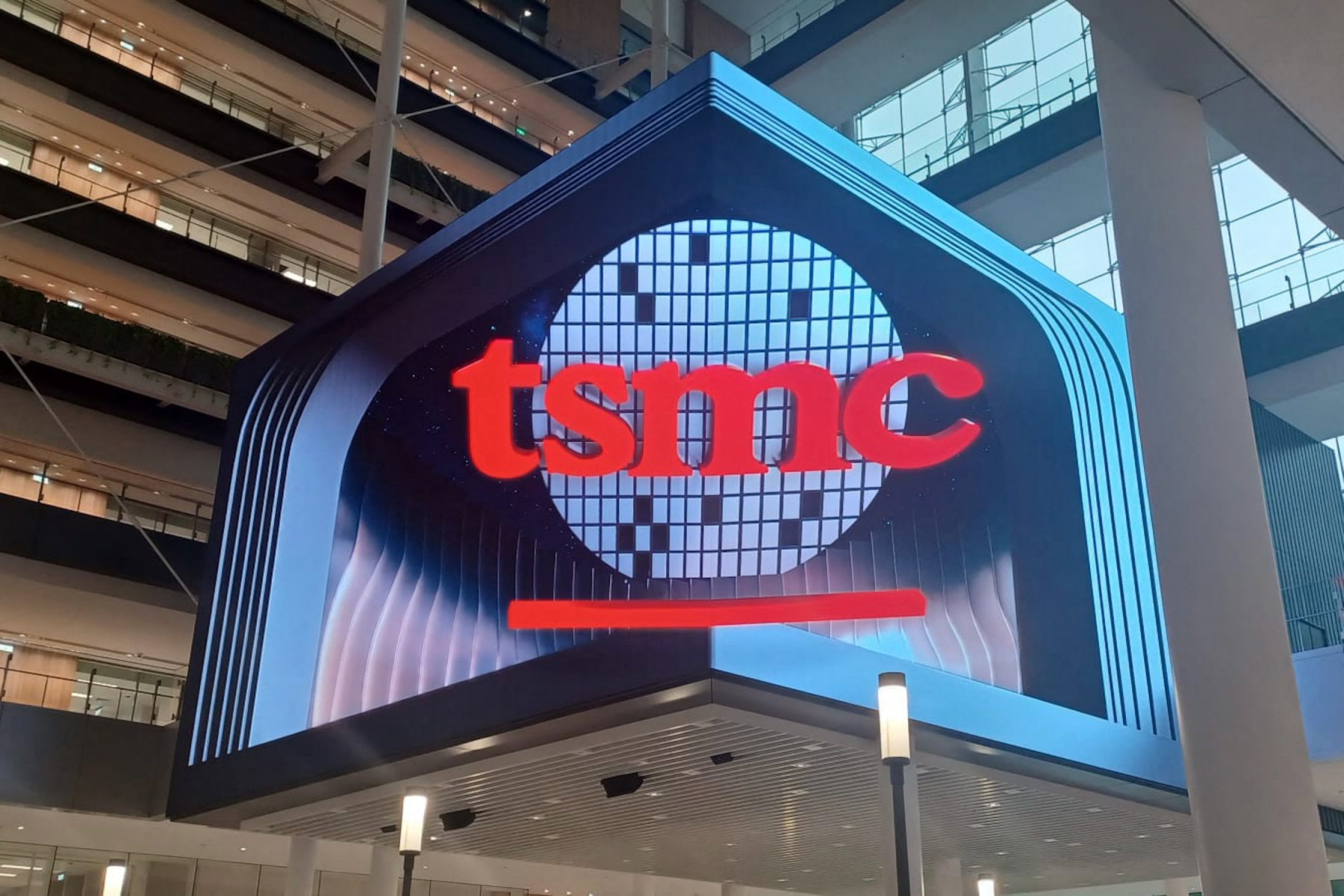Taipei, Taiwan — Taiwanese chip giant TSMC reported on Thursday a 40-percent surge in revenue in the first six months on robust demand for AI technology.
Taiwan Semiconductor Manufacturing Company is the world’s largest contract maker of chips, which have become the lifeblood of the global economy, powering everything from smartphones to missiles.
TSMC’s half-year revenue increased 40 percent to NT$1.77 trillion (US$60.8 billion) from a year earlier, the company, whose clients include tech giants Nvidia and Apple, said in a statement.
Chairman and chief executive CC Wei told a recent briefing that TSMC expected to see record earnings this year, as artificial intelligence demand would remain “very strong”.
The company’s sales surged in recent months after US President Donald Trump’s global tariff blitz spurred companies to stock up, owing to fears that higher levies were in the pipeline.
Wei told shareholders in June that TSMC’s business “may be affected” if tariffs force up prices and demand for chips falls, but he added: “Our business will still be very good.”
Taiwan’s government said Thursday it has yet to receive a letter on the tariff it would face from the United States, as its delegation is currently negotiating in Washington.
Neighboring Japan and South Korea are among more than 20 countries receiving letters this week from Trump warning of “reciprocal” tariffs from August 1.
Taipei has sought to avoid Trump’s threatened levies by pledging increased investment in the United States, more purchases of US energy and greater defense spending.








